There’s a degree of risk in any financial investment. There are no sure winners and no sure losers, either. How comfortable you are with the latter statement may give you a clue as to your risk tolerance. You can think of risk tolerance not only as how much you're willing to lose on your investments but rather how much uncertainty you can live with from day to day.
Are you the type to sit and watch stock tickers pass by all day? If so, does that fill you with dread or excitement? These are the kinds of questions you should be asking yourself. The answers will, in turn, help you pick out an investment portfolio that’s right for you.
1. A Personality Test
The individual identity component of risk tolerance assessment shouldn’t be ignored. Some of your risk tolerance can be measured, meaning that the amount of risk you can tolerate is based on factors like your age or your income. However, you may simply dislike making risky investments. That’s okay. You should be comfortable with spending (or not spending) your money the way you like.
2. What are Your Financial Goals?
Do you save money to accumulate wealth or are you looking for ways to retire early? If your only goal is to have a nice pile of money to retire on when you’re 70, then slow and steady might be your investment pace as a steady accumulation over time could be just enough for a happy retirement. If you want to go out while you’re relatively young, you may be looking for investments that are a high risk/reward ratio and you don’t mind some volatility if it can get you to the finish line faster.
These retirement-focused goals aren’t the only goals that can impact your investment strategy. You may be saving for a house, savings for a child's college education, considering buying a business, or any other multitude of things you want to accomplish during your life.
3. How Much Time Do You Need?
If you’re relatively young, you have plenty of time to ride out the peaks and valleys of the economy. You can tolerate a little more risk by design. If you have a goal you need to meet quickly (buying a home) or you are nearing retirement age, you may want to think more conservatively so that you don’t lose too much money.
4. Your Wealth and Income
If you have $5 million to invest, you can take more chances than you should if you have $50,000. That’s fairly straightforward. You may also consider additional factors, such as the amount of debt you’re carrying, or whether your personal ecosystem (job, family, assets, etc.) is strong and stable.
5. Get Good Advice
Working with a financial advisor can reveal clues about your risk tolerance and map out a strategy. You can prepare yourself for the discussion by looking at one of the many online questionnaires that can help you look at yourself. You can ask some of the more obvious questions yourself, such as, what would you do if presented with $25,000 to invest, or whether you like to participate in extreme sports.
Even after you’ve asked yourself the tough questions, you may still want to talk about risk tolerance and assessment with an experienced financial advisor. You may find that you are not as risk averse or risk tolerant as you thought, but just because you've determined how risk averse or risk tolerant you are, doesn't mean you know how to act on that. Which investments will align with your risk tolerance and will still help you reach your goals. A financial planner is able to take all those factors into account with your financial plan to help ensure your investments match your risk tolerance and set you on the path to achieving your goals. You can get started on that path today. Feel free to...
This content is developed from sources believed to be providing accurate information. The information in this material is not intended as investment, tax, or legal advice. It may not be used for the purpose of avoiding any federal tax penalties. Please consult legal or tax professionals for specific information regarding your individual situation. The opinions expressed and material provided are for general information, and should not be considered a solicitation for the purchase or sale of any security. Digital assets and cryptocurrencies are highly volatile and could present an increased risk to an investors portfolio. The future of digital assets and cryptocurrencies is uncertain and highly speculative and should be considered only by investors willing and able to take on the risk and potentially endure substantial loss. Nothing in this content is to be considered advice to purchase or invest in digital assets or cryptocurrencies.
Enjoying Escient Financial’s Insights?
The weekly newsletter is usually delivered to your email inbox Friday or Saturday, and includes:
- the latest Escient Financial Insights articles
- a brief of the week's important news regarding the markets
- recommended third-party reads
- selected Picture of the Week
Escient Financial does NOT sell subscriber information. Your name, email address, and phone number will be kept private.
















